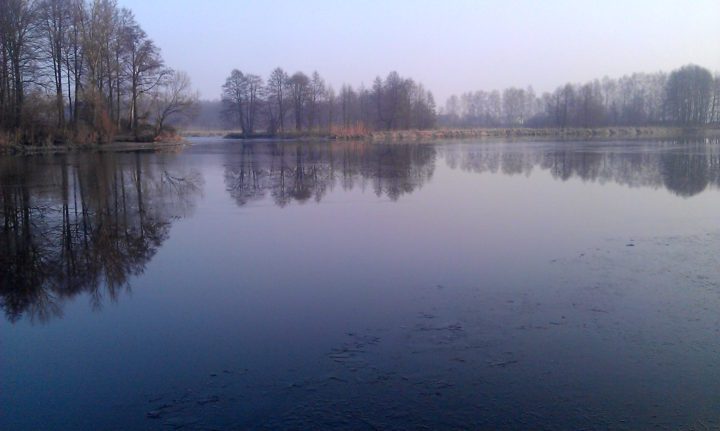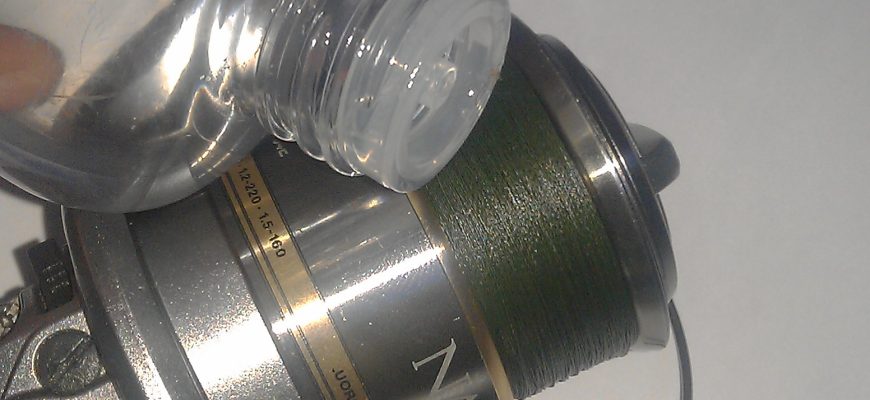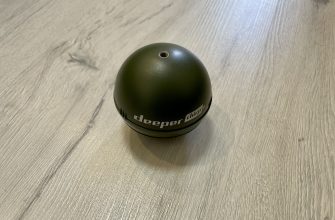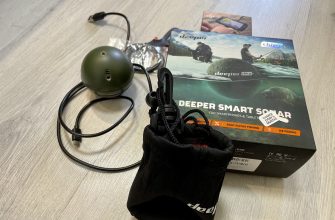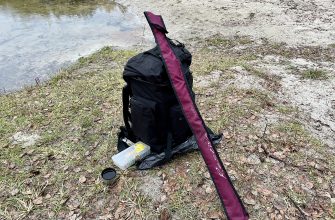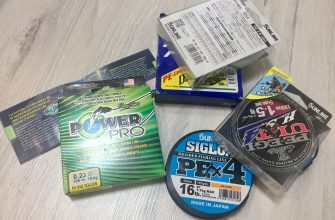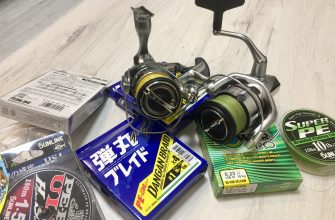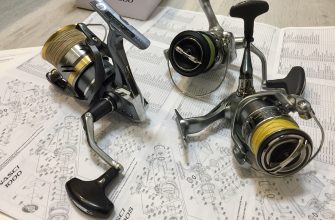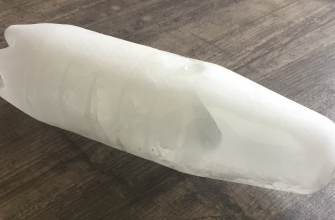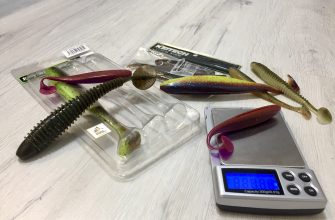A classic winter fishing question – what should I do to keep the braid and rod guides from freezing up? It didn’t leave me out either.
Rod guides are freezing
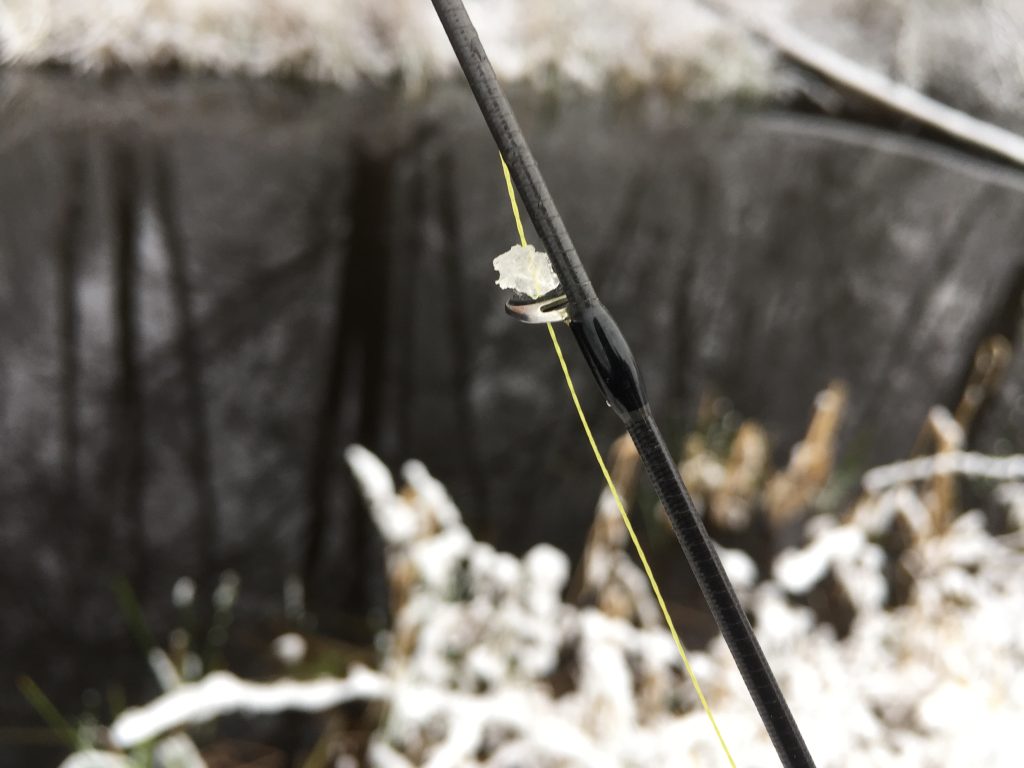
Let me start with the guides. I tried different options, sprayed on them, lubricated, but came to the conclusion that there is no effective way. It is better just to clean them from the ice with your hands periodically every few throws. The frequency depends on many parameters. The stronger the wind, the lower the temperature, the higher the humidity of the surrounding air, the less dense the line and the smaller the diameter of the rod guides, the more often you have to do this ritual. It is better to get used to it and treat it as a process like opening up the bail of the spinning reel before casting. From the boat you can put the rod in the water and jerk it back and forth.
Winter fishing line
Briefly about what kind of fishing line for winter spin fishing should be. Monofilament does not freeze much, but has very poor sensitivity. For winter passive predator this is critical, so I do not consider it. Fluorocarbon – similar to mono, better in sensitivity, but inferior to the braided cord. It is used only in leash jigs. Braided line has differences within its class. Spun type Fireline is more resistant to frost. Among the classic less frosted thin eight-core cords, but it is quite convenient to catch and four-core. The lineup is the same as for the warm season, except for the most loose.
In its natural form, the fishing line at sub-zero temperatures is quickly covered with ice droplets, which reduces the range of throwing. Coiled line increases a lot in volume, this can cause “beards”. If the weight of the jigheads used is large and the casting distance is not critical, then you can simply not take the thread to the top of the bobbin and do nothing. The droplets will disperse themselves. The second option – to treat the bobbin with special compositions. In winter, more often spin fishing is from the shore and for small weights, despite the large depths, so the second option is the main one.
Let’s consider the dangers that can bring the treatment of braided line in winter fishing. They should be kept in mind when experimenting:
- Antifreeze can affect the quality of the braided line material, reducing its strength, durability.
- Indirectly affect the characteristics of the fishing line. For example, small abrasive particles of debris or grains of sand will adhere to the grease, which will wear out the braided line.
- Unpleasant smell of some compounds. On the biting of fish it may not affect, but to catch in such conditions will be uncomfortable.
Of all the options for winter antifreezes for braided line I liked two. The first is a multi-purpose silicone grease in the form of a spray can. I don’t remember the manufacturer as it ran out, blue-yellow in color with SI-M written on it and a specified wide temperature range of application. A big plus of the spray was that it was very convenient and quick to spray it on a bobbin with braided fishing line and all over the walls of the room. I don’t use it now, as I’ve switched completely to the second option, which I’ll talk about next.
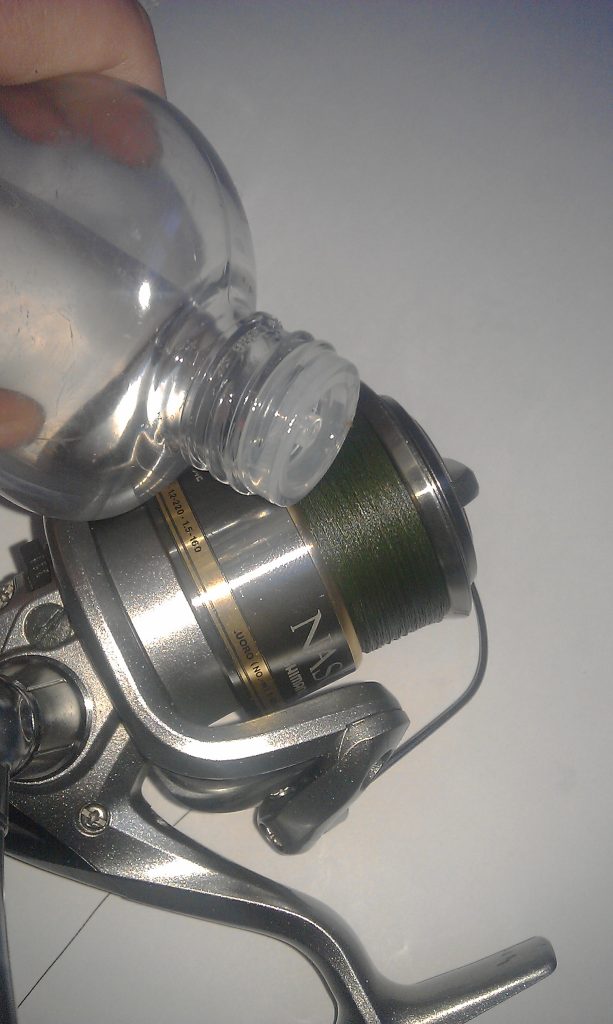
The second antifreeze is Johnson’s baby oil. In terms of performance, in terms of winter spin fishing, this treatment is about the same level as silicone, but psychologically I like it better. It smells nice. I treat the bobbin with braided line at home before fishing. I drop enough oil on the cord to soak up all the coils. On the pond, if the whole day is frosty, periodically every couple of hours I repeat the treatment. If the temperature is around zero, the soaking may be enough for the whole day. I assume that oil from other manufacturers with similar properties will also work.
The lowest temperatures I’ve fished with Johnson’s Baby treatments have been as low as -8°C on bodies of water on the verge of freezing with natural thermals.
